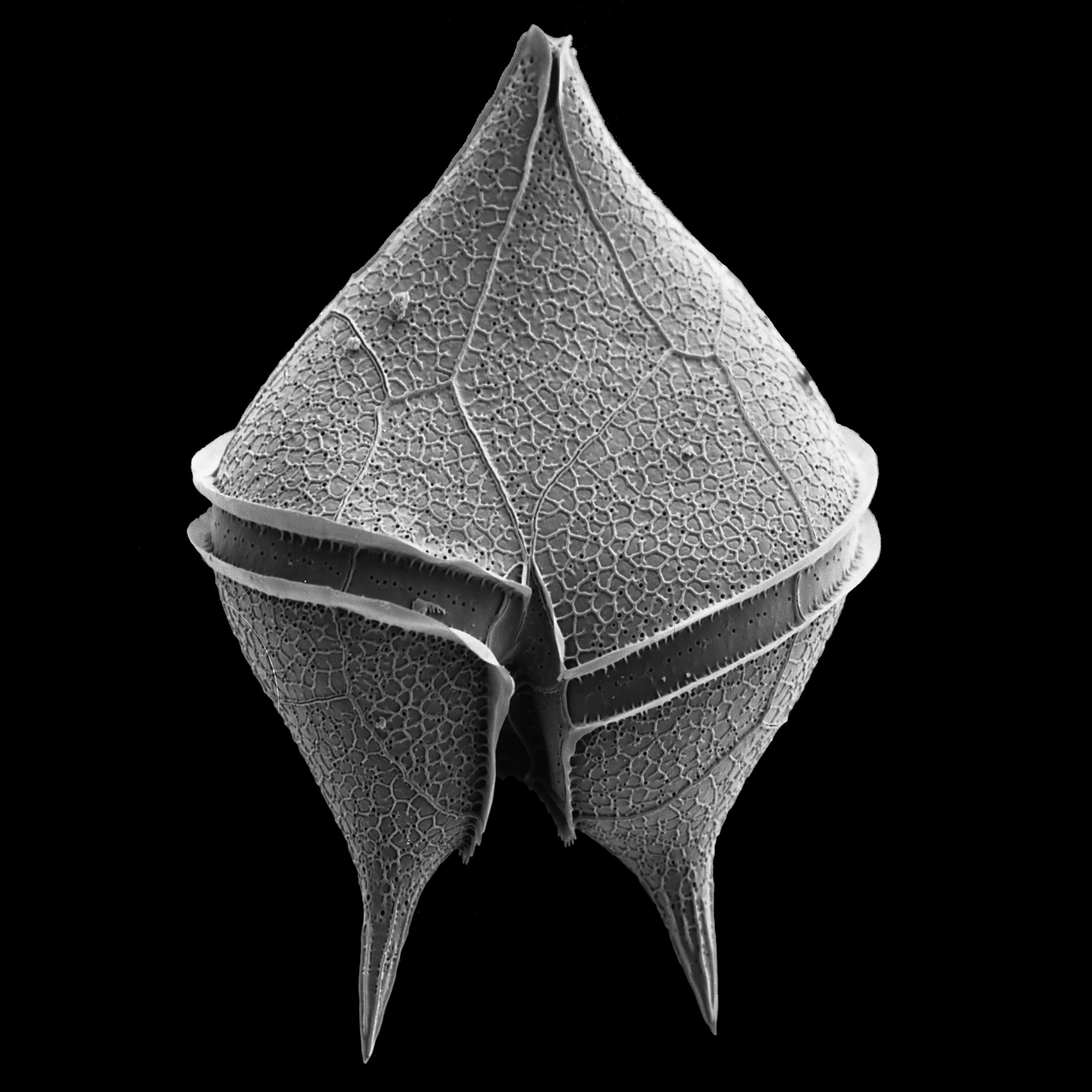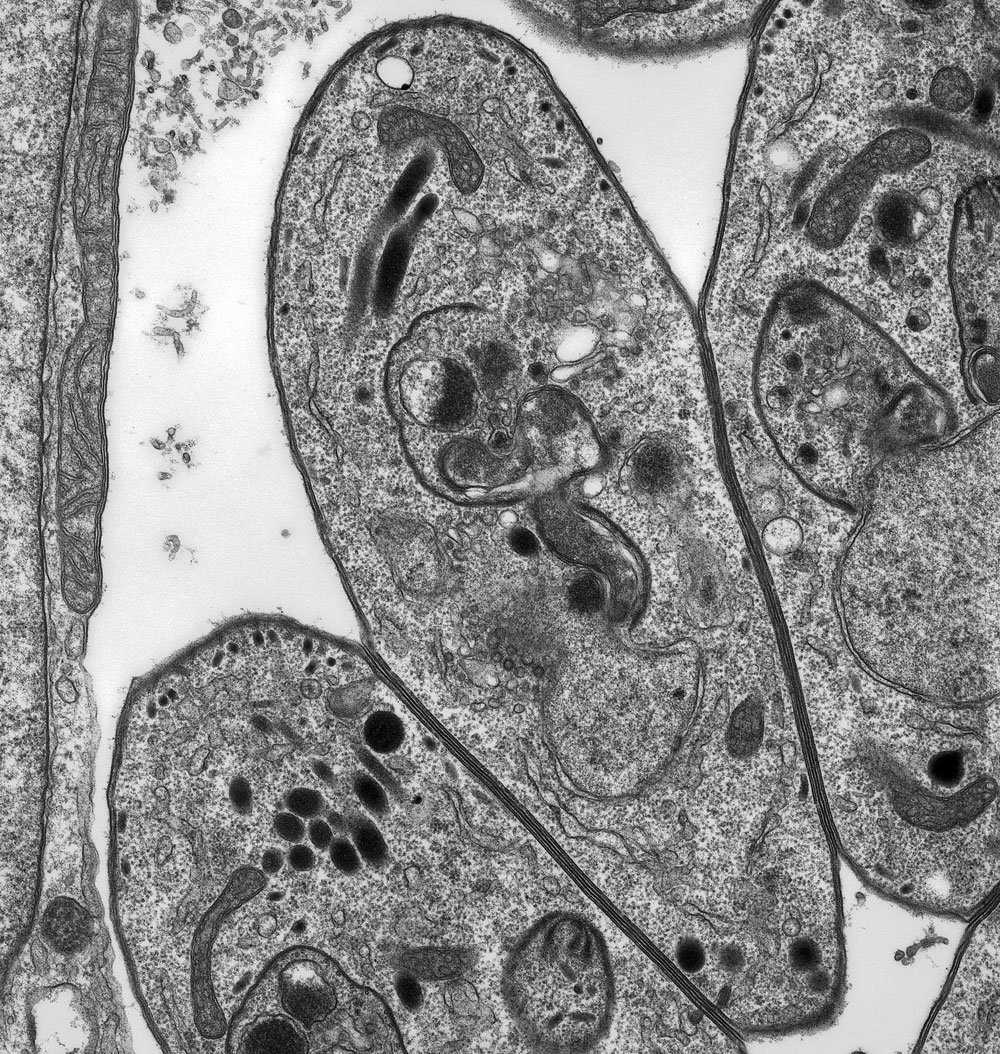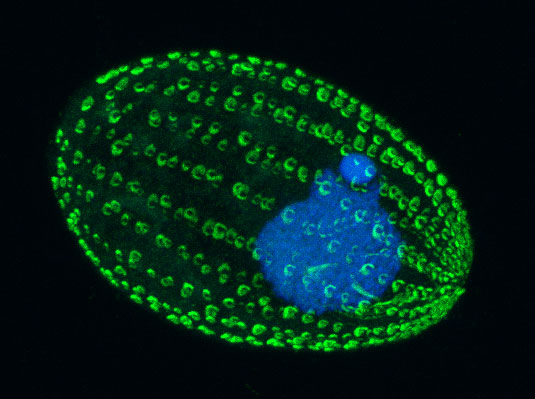Protista is where eukaryotic life began
It was amongst unicellular eukaryotes (protists) that complex cell architectures and compartmentalisation were developed that enabled larger and more sophisticated cells and cell behaviours. It is where endosymbiotic organelles were gained, redefining the metabolisms of eukaryotic cells. And in is where cell genomes developed packaging and organisational systems that enabled vast increases in genome size and complexity. Protists allow the study of all of these formative evolutionary processes that were essential to the development of animals and plants. But protists are also critical components of the modern world, contributing significantly to global primary production, food webs, and also as major parasites of humans, animals, plants and other organisms.
In the Waller lab we are investigating the subcellular organisations, endosymbiotic partnerships, and genomes of diverse protists. In particular, we focus on the Infrakingdom Alveolata which is a strongly supported alliance of three disparate phyla: apicomplexans (intracellular parasites including Plasmodium and Toxoplasma), dinoflagellates (photosynthetic algae, essential coral symbionts, micro-predators and parasites), and ciliates (micro-predators and nutrient recyclers). These diverse but related models provide superb opportunities for studying the evolutionary processes that have shaped and defined eukaryotic diversity.

Dinoflagellate Protoperidinium claudicans

Apicomplexan Toxoplasma gondii

Ciliate Tetrahymena thermophila


